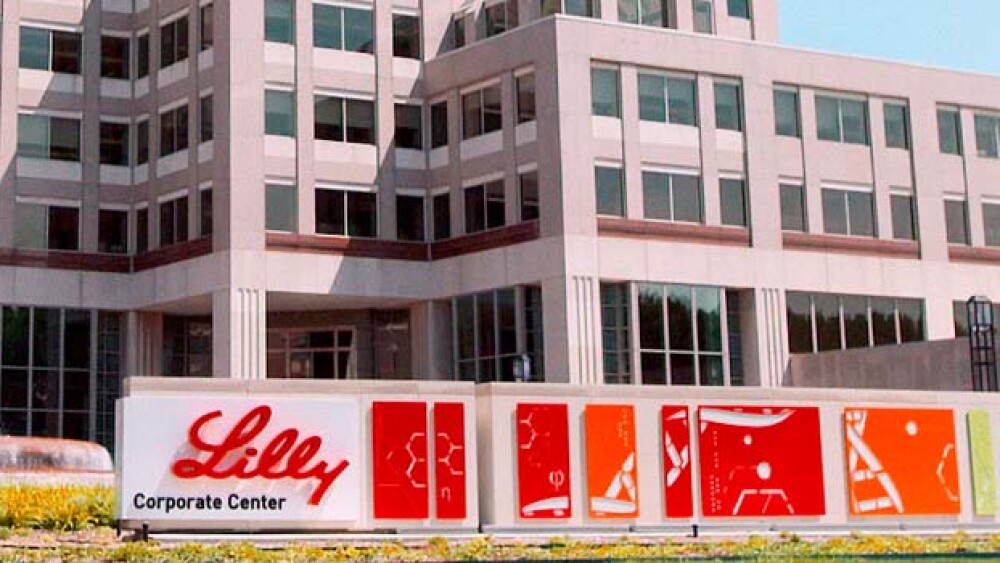It is the first and only nasally-dosed glucagon, which is indicated for diabetic patients undergoing a severe drop in blood sugar. Previously it was only administered by a complicated injection system.
The U.S. Food and Drug Administration (FDA) approved Eli Lilly and Company’s Baqsimi (glucagon) nasal powder 3 mg to treat severe hypoglycemia in diabetic patients four years of age and older. It is the first and only nasally-dosed glucagon, which is indicated for diabetic patients undergoing a severe drop in blood sugar. Previously it was only administered by a complicated injection system.
The company indicates the Baqsimi system is compact, portable and ready to use.
Severe hypoglycemia is an emergency situation in type 1 and type 2 diabetes patients. If untreated, it can have serious consequences, including passing out, seizures, coma and death.
“Severe hypoglycemia is an unpredictable event for people with diabetes that can happen anytime, anywhere,” stated Sherry Martin, vice president of Lilly Medical Affairs. “It’s an experience that can be very stressful and difficult for those helping a person in a low blood sugar emergency. The FDA’s approval of Baqsimi may help people prepare for these moments with an innovative product that has the simplicity of nasal administration.”
Lilly acquired Baqsimi from Locemia Solutions in 2015.
Insulin decreases blood sugar levels by transporting glucose from the blood into the cells. Baqsimi acts to increase blood sugar levels by stimulating the liver to release stored glucose into the bloodstream.
The traditional method of injectable glucagon has been approved in the U.S. for several decades. However, the patient or person responding to the health problem is required to dissolve the glucagon powder in a liquid first before it can be dosed, and the process is not simple. Baqsimi comes in an already-prepared single-use dispenser.
“This new way to administer glucagon may simplify the process, which can be critical during an episode, especially since the patient may have lost consciousness or maybe having a seizure,” stated Janet Woodcock, director of the FDA’s Center for Drug Evaluation and Research. “In those situations, we want the process to treat the suffering person to be as simple as possible.”
Eli Lilly is currently in talks with insurers regarding Baqsimi. Diabetics with some commercial insurance programs could pay as little as $25 for up to two Baqsimi devices, a single two-pack or two one-packs, if they use a savings card that is part of a Lilly program. The prescription is typically a once-a-year arrangement. Lilly is also offering patients without commercial insurance coverage options via its Lilly Diabetes Solutions Center once Baqsimi is available in pharmacies in the U.S. Currently the U.S. list price for a Baqsimi one-pack is $280.80 and a two-pack is $561.60.
“We understand the financial impact that managing diabetes has on patients,” stated Tony Ezell, vice president, U.S. Connected Care and Insulins, Lilly. “Lilly is committed to helping make Baqsimi affordable and accessible to as many people living with diabetes as possible by securing access with payers as well as through our affordability offerings.”
In two clinical trials, Baqsimi was comparable to injectable glucagon. One hundred percent of pediatric patients age four or above who received it had treatment success as did those receiving glucagon for injection. Nasal congestion from a common cold did not cause problems with Baqsimi absorption.
The most common side effects observed were nausea, vomiting, headache, upper respiratory tract irritation, watery eyes, red eyes, itchy nose, throat and eyes. The therapy is contraindicated for people with pheochromocytoma, insulinoma, and hypersensitivity to glucagon.





